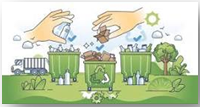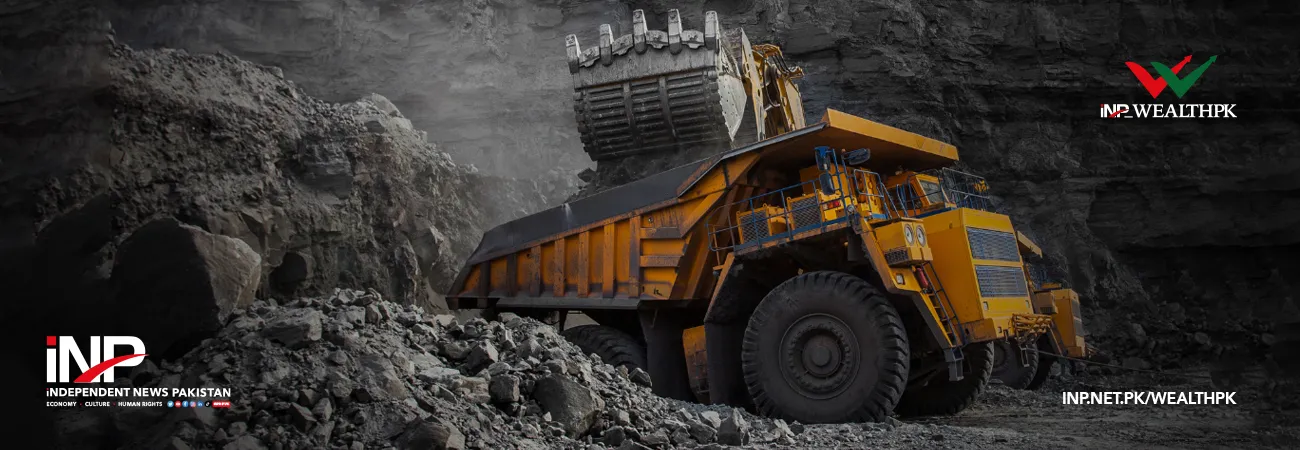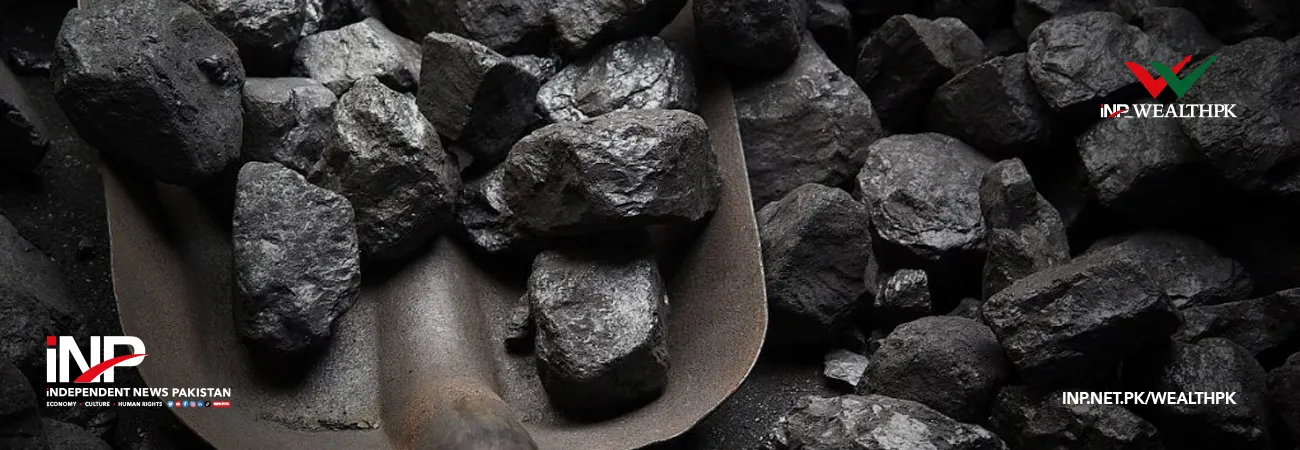آئی این پی ویلتھ پی کے
Faiza Tehseen
Pakistan needs substantial investment in formal recycling of e-waste backed by proper legislation to avoid serious damage to public health and environment.

“Soaring consumption of electronics is increasing e-waste burden on the country. However, no formal recycling facilities currently exist. Hazardous methods like acid baths, open burning, and blow torch are frequently used to dismantle scrap and extract precious metals – lead, zinc, copper, and manganese,” explained Dr Muhammad Akbar, an environmentalist.
Talking to WealthPK, he said these practices cause dangerously high levels of heavy metal contamination in ambient air and soils, particularly in industry-centred urban areas. “Lead, nickel, cadmium, copper, and manganese particles pose greatest health risks to both workers and surrounding communities.”
Akbar said, “It is important that government establishes sorting and processing units of both ferrous and non-ferrous electronic metals. It will help capture value from recycled components and reduce the environmental pollution as well.”
He said Pakistan is direly in need of recycling centres and well defined legislative framework to mandate take-back schemes, ensure extended producer responsibility, and outlaw informal hazardous practices. “With continuously increasing technological and industrial expansion, solving e-waste crisis is no longer optional but imperative to protect human health, establish a circular economy, and ensure environmental integrity.”
He also called for lauching a national awareness campaign on e-waste risks, safe disposal sites, and the role of certified recyclers. “Formal recycling and refurbishment industries can provide thousands of green jobs. Proper recycling reduces greenhouse gas emissions and supports sustainable urban development,” explained the environmentalist.
Saleh Mangrio, Executive Director of Centre for Rural Change, a Sindh-based organisation, said legislation and awareness for environmentally-safe e-waste management was critical. “Pakistan lacks a formal e-waste management law or extended producer responsibility.”
He said hazardous dismantling practices are endangering people’s health, polluting the environment, and wasting valuable economic resources. “A good quantiy of e-waste is handled informally through unregulated, and unsafe practices, leaving elevated levels of lead, cadmium, copper, and nickel in soil and air, causing serious health isseus for workers and children.”
Mangrio emphasised that there is a dire need to expand formal recycling infrastructure by establishing e-waste collection and recycling centres in urban areas under public-private partnerships. “Government can foster this concept by offering tax exemptions and grants for investors in e-waste recycling technologies.”
He said: “National e-waste management legislation must address the crucial issues, including clearly defined distinct catagorey of e-waste; introduction of extended producer responsibility and prohibition of informal recycling practices involving hazardous exposure.”
“Pakistan can transition from hazardous informal practices to a modern circular and opportunities’ generating e-waste economy through legislation, legal reforms, and public mobilisation. Only then the dream of a clean and green Pakistan can be realised,” Mangrio asserted.
Credit: INP-WealthPk











